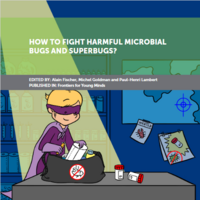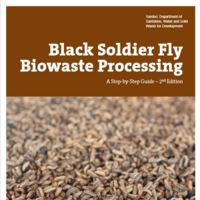Search
Books+
Searching 1,730 books
Search related to the career Microbiologist
Career Options for Microbiologists
Microbiologists have a wide range of career options in various sectors. Here are some potential career paths for microbiologists:
1. Research Scientist: Microbiologists can work as research scientists in academic institutions, government agencies, or private research organizations. They conduct research to study microorganisms, develop new drugs, vaccines, or therapies, and contribute to scientific advancements.
2. Clinical Microbiologist: Clinical microbiologists work in hospitals, diagnostic laboratories, or public health agencies. They analyze patient samples to identify and diagnose infectious diseases, monitor antibiotic resistance, and provide guidance on appropriate treatment options.
3. Industrial Microbiologist: Microbiologists can work in industries such as pharmaceuticals, food and beverage, cosmetics, or biotechnology. They ensure product safety, develop and optimize production processes, and conduct quality control to maintain microbial standards.
4. Environmental Microbiologist: Environmental microbiologists study microorganisms in natural environments, such as soil, water, and air. They investigate the impact of microorganisms on ecosystems, assess environmental pollution, and develop strategies for waste management and bioremediation.
5. Public Health Microbiologist: Public health microbiologists work in government agencies or public health laboratories. They monitor and control the spread of infectious diseases, conduct epidemiological investigations, and develop strategies for disease prevention and control.
6. Pharmaceutical Microbiologist: Microbiologists in the pharmaceutical industry focus on developing and testing antimicrobial drugs, vaccines, and other pharmaceutical products. They ensure compliance with regulatory standards and conduct research to improve drug efficacy.
7. Food and Beverage Microbiologist: Microbiologists in the food and beverage industry ensure the safety and quality of food products. They monitor and control microbial contamination, develop preservation techniques, and contribute to product development and innovation.
8. Agricultural Microbiologist: Agricultural microbiologists work in the agricultural sector to improve crop production, soil health, and animal health. They study beneficial microorganisms, develop biofertilizers and biopesticides, and contribute to sustainable agricultural practices.
9. Teaching and Academia: Microbiologists can pursue careers in teaching and research in universities, colleges, or research institutions. They educate future microbiologists, mentor students, and contribute to scientific knowledge through their research.
10. Science Communication and Journalism: Microbiologists with strong communication skills can work as science writers, journalists, or communicators. They bridge the gap between scientific research and the general public by translating complex scientific concepts into accessible information.
These are just a few examples of the diverse career options available to microbiologists. Depending on their interests and expertise, microbiologists can find opportunities in various fields where their knowledge of microorganisms is valuable.
Source: Various AI tools
Biology
Searched in English.













